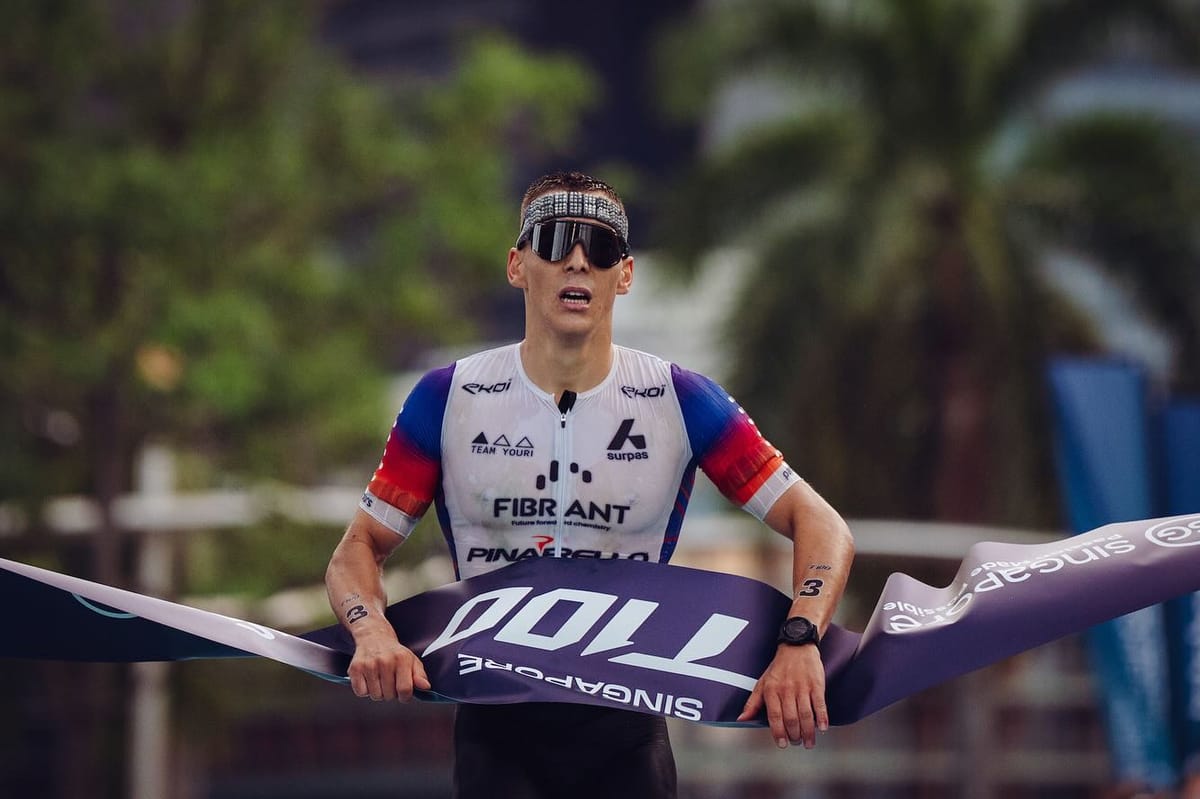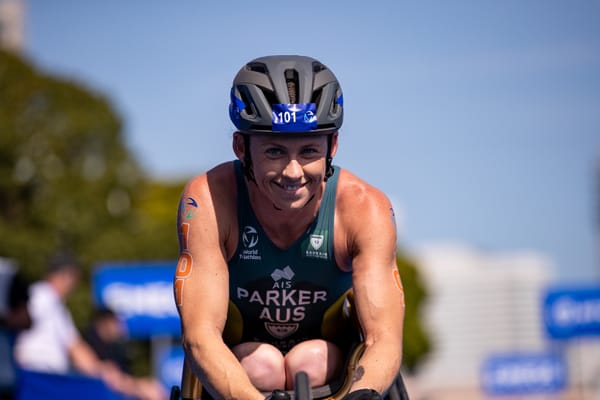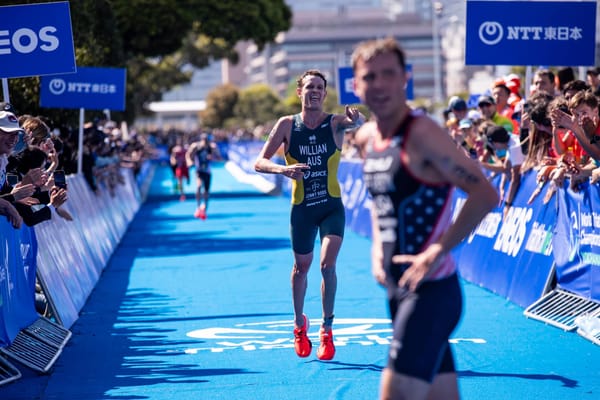Triathlon at a Crossroads: The Urgent Need for a United Front Against Doping
Long-course triathlon must act now to establish a comprehensive anti-doping program or risk irreparable damage to the sport's credibility.

When Yuri Keulen stunned the triathlon world with his dominant victory at the PTO Singapore, it didn't take long for the doping speculation to begin. To be clear, Keulen's performance alone doesn't prove anything untoward. But it did shine a harsh light on the gaping holes in long-course triathlon's anti-doping safety net.
A Patchwork of Anti-Doping Efforts
You see, no one body is responsible for drug testing across the entirety of long-course racing. The ITU? They only handle short-course Olympic-style events. National anti-doping agencies? They're laser-focused on Olympic sports. Challenge Family? No out-of-competition testing program to speak of. That leaves Ironman as the only organisation running a half-decent out-of-competition testing operation, complete with investigations, for long-course pros.
But here's the catch - Ironman can only test athletes who actually race in Ironman events. With more and more pros chasing those sweet PTO and Challenge paydays, they risk slipping through the cracks entirely. The PTO, to its credit, claims it's working on an out-of-competition testing program with World Triathlon. But we're still waiting for the details.
This hodgepodge approach leaves the door wide open for athletes looking to cheat the system. Until we have a proper unified anti-doping program for all long-course pros, impressive performances like Keulen's will always have a question mark hovering over them. And that's just not fair to the athletes or the fans.
Biological Passports and TUE Transparency
Now, I know what some of you are thinking. Isn't anti-doping just a resource issue? Get the PTO to throw a little more cash at the problem and we're all good, right? If only it were that simple.
Take athlete biological passports. These bad boys monitor an athlete's blood values over time, making it easier to spot the signs of doping. Cycling has been using them for years, but triathlon is lagging way behind. Then there's the whole can of worms around therapeutic use exemptions, or TUEs. Some sneaky athletes have been known to abuse TUEs to boost their performance. We need way more transparency and oversight here to keep things on the up and up.
But here's the harsh reality - proper anti-doping costs money. Lots of it. The PTO is still the new kid on the block, and it's got limited staff and budget to work with. Putting a real anti-doping program in place means making tough choices, like maybe cutting into those glitzy prize purses. It ain't pretty, but them's the breaks.
The Danger of Cynicism
There's another risk we can't ignore. If we let doping run rampant in triathlon, we could easily end up going down the same cynical path as cycling. You know, where fans just assume anyone winning must be juiced to the gills. We can't let that cancer take root in our sport.
As a niche, endurance-driven sport, triathlon finds itself in a tricky position. We're big enough now to have serious cash and prestige on the line. But we're not so huge that doping would get swept under the rug to protect the moolah and the big names. In a way, we're at a crossroads. We can either get our anti-doping house in order now, or we can let the cheats run wild and watch our credibility go up in smoke.
Time for Triathlon to Step Up
So what's the solution? It's time for everyone in triathlon - the PTO, Ironman, national federations, hell, even us age-groupers - to get serious about clean sport. We need to build on the good work Ironman has started, like its partnership with the International Testing Agency, and create a truly comprehensive anti-doping system that covers all pro long-course racing.
That means a registered testing pool for out-of-competition testing. It means regular biological passport monitoring. It means more transparency around TUEs. And yes, it means ponying up the cash to get it done right. Because let's face it - if we're not willing to invest in the integrity of our sport, then what are we even doing here?
The Bottom Line
I get it. None of this is easy. Anti-doping is a complex, expensive, and often thankless task. But if we want triathlon to be taken seriously as a professional sport, it's non-negotiable. We can't just keep muddling through with half-measures and crossed fingers.
Yuri Keulen and all the other pro triathletes busting their butts day in and day out deserve better. They deserve to know that their competitors are playing fair. And we as fans deserve to believe in the performances we're witnessing.




